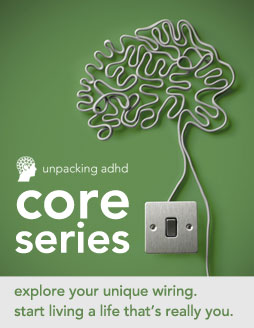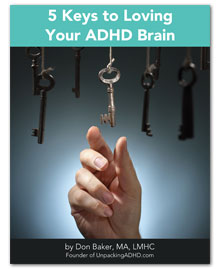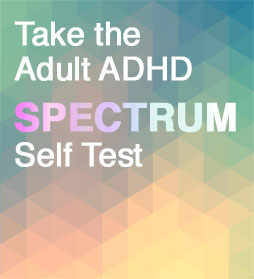Often we’re not aware if we’re making an excuse or offering an explanation, especially when it comes to ADHD. There’s a learning curve to understanding the difference, and this can be a very valuable thing to look at in yourself.
Here’s a quick guide that leans heavily on the excellent work of Ari Tuckman, PhD.
Excuses
- Are intended to get you “off the hook”
- Lower the bar of what’s expected of you
- Expect most of the change, flexibility, or accommodations to come from others
Explanations
- Help others understand how and why something went badly and what you’re doing to make it better in the future
- Keep the responsibility on you to improve the situation and/or make amends
- Don’t expect others to change the rules for you
Some people think ADHD is just an excuse for bad performance. Obviously these people don’t fully understand what ADHD is and how it affects all aspects of a person’s life. Your challenges do make some things more difficult, and sometimes you just need to avoid “no win” situations.
However, I believe ADHD is an explanation, not an excuse. You are not incapable. You have the power to make things better for yourself by educating yourself about your own brand of ADHD and building a scaffolding of support for yourself. You can take active steps to minimize the impact of your challenges on your life.
When you focus on explanations instead of excuses, you feel better about yourself. You accept that you’re fallible, like everyone else, but you can take responsibility whether you screw up or excel.
Reframe Excuses as Explanations
Here are some examples that may help you reframe your excuses.
- Excuse: I haven’t gotten it done yet. My ADHD makes it impossible to concentrate.
- Explanation: With my ADHD, I really need to go somewhere quiet to get this done.
- Excuse: Sorry I’m late again. Traffic was really bad.
- Explanation: I have trouble keeping track of time, so I’m using a countdown timer to visually track how much time I have to get out the door. I might want to add a reminder to check traffic cam reports too!
- Excuse: I haven’t had a chance to call her back. My day has been really hectic.
- Explanation: Phone calls challenge me, and I tend to put them off. I’ve committed to responding to one voicemail at the end of each day.
The shift from excuses to explanations can make a big difference in how others perceive you, but it’s even more important in how you perceive yourself. If you’re making excuses all the time, you feel like a failure. If you focus on explanations and action, you feel more powerful. You’re in control, navigating your own life, even when you mess up!
As I said at the beginning, there’s a learning curve in moving from excuses to explanations. It’s a process, and it goes along with the rest of the Unpacking ADHD journey. You’ll feel less compelled to make excuses as you gain more confidence in your ability to manage your focus and attention. I encourage you to start by noticing when you’re making an excuse and trying to reframe it. How does that feel different?





That is very good. I often fimd myself making excuses or jokes at my expense. Will work on taking responsibility.
Hi and thanks for your comment. Awareness is the first step!